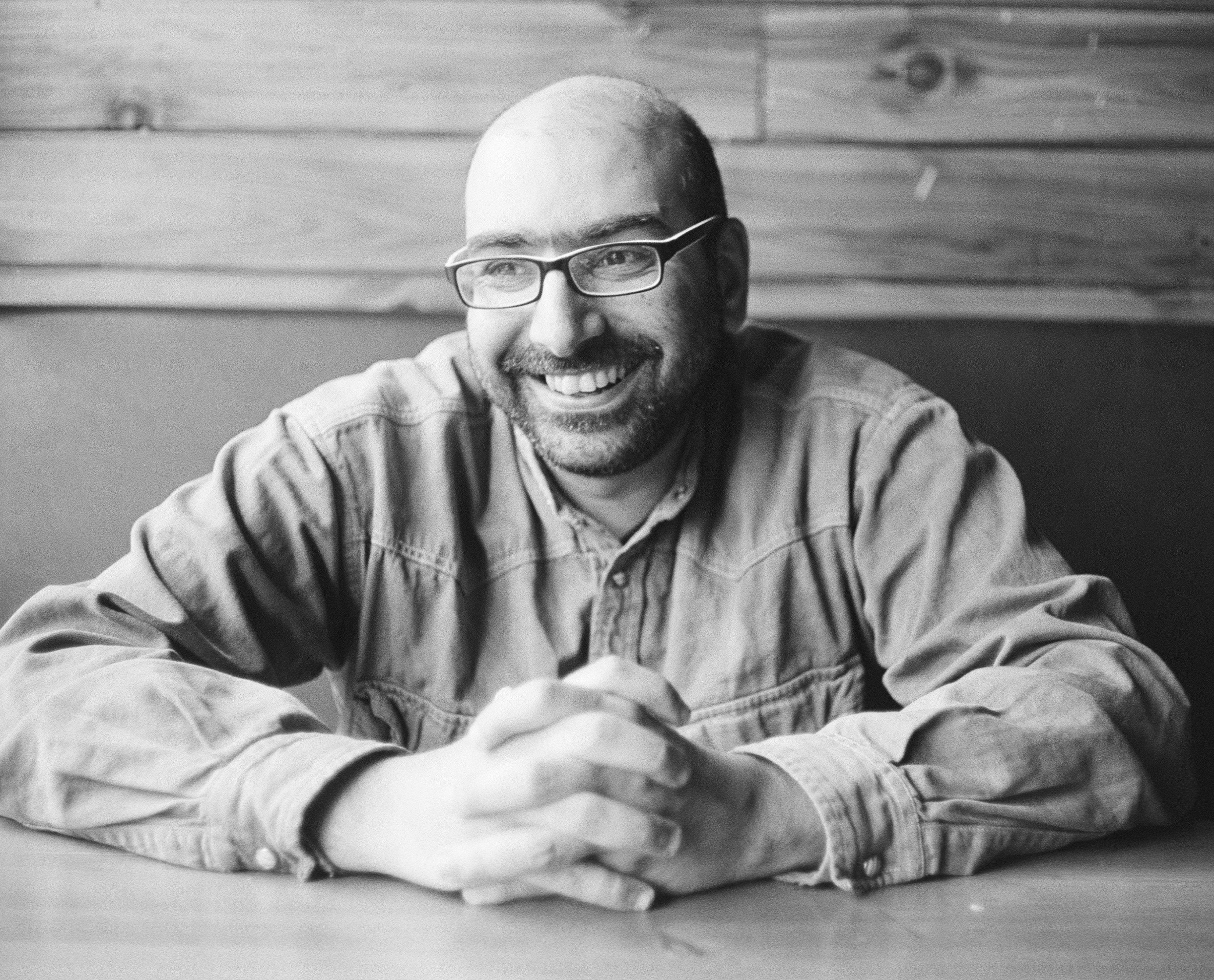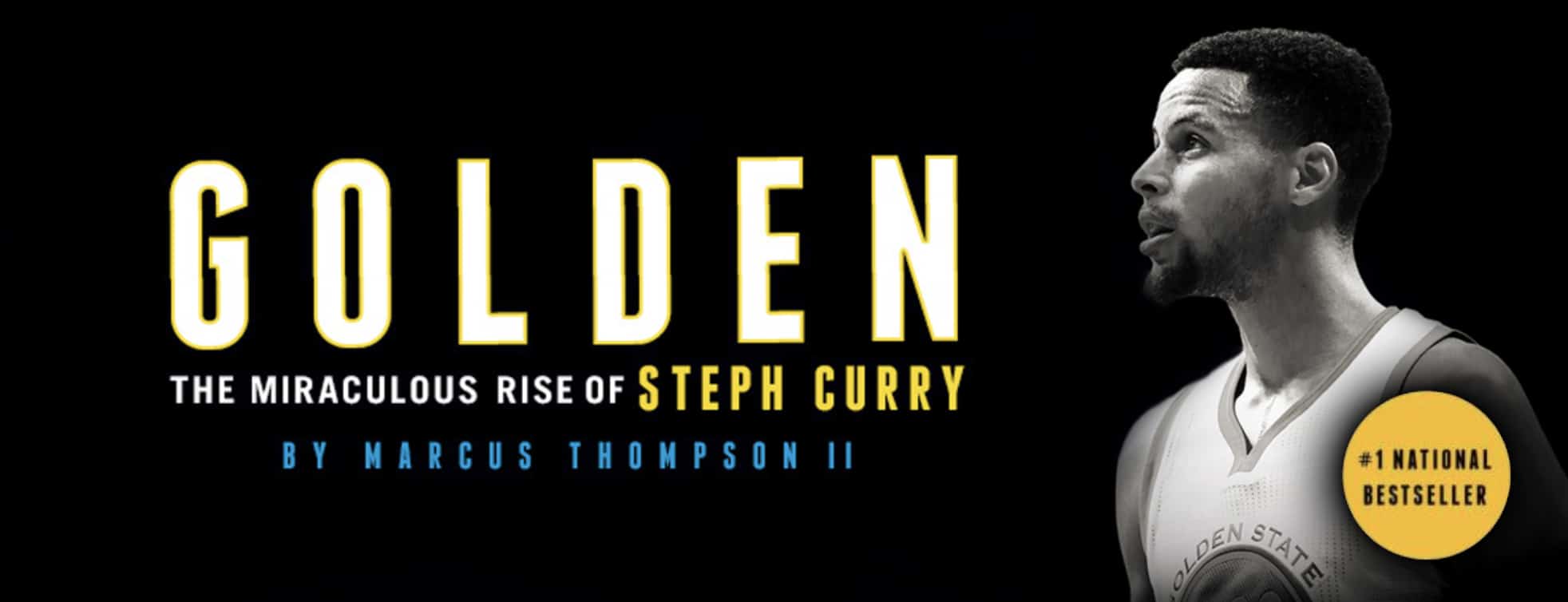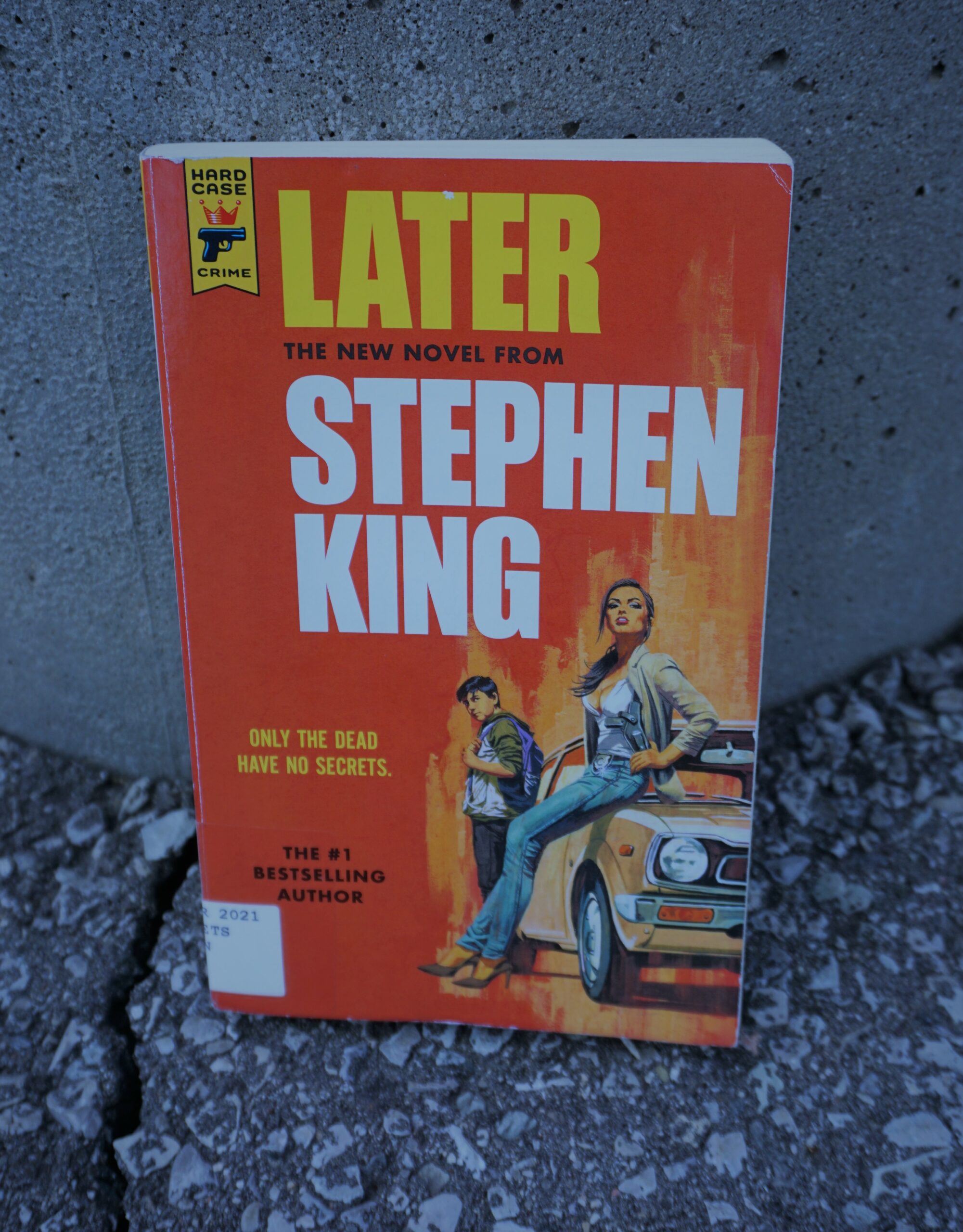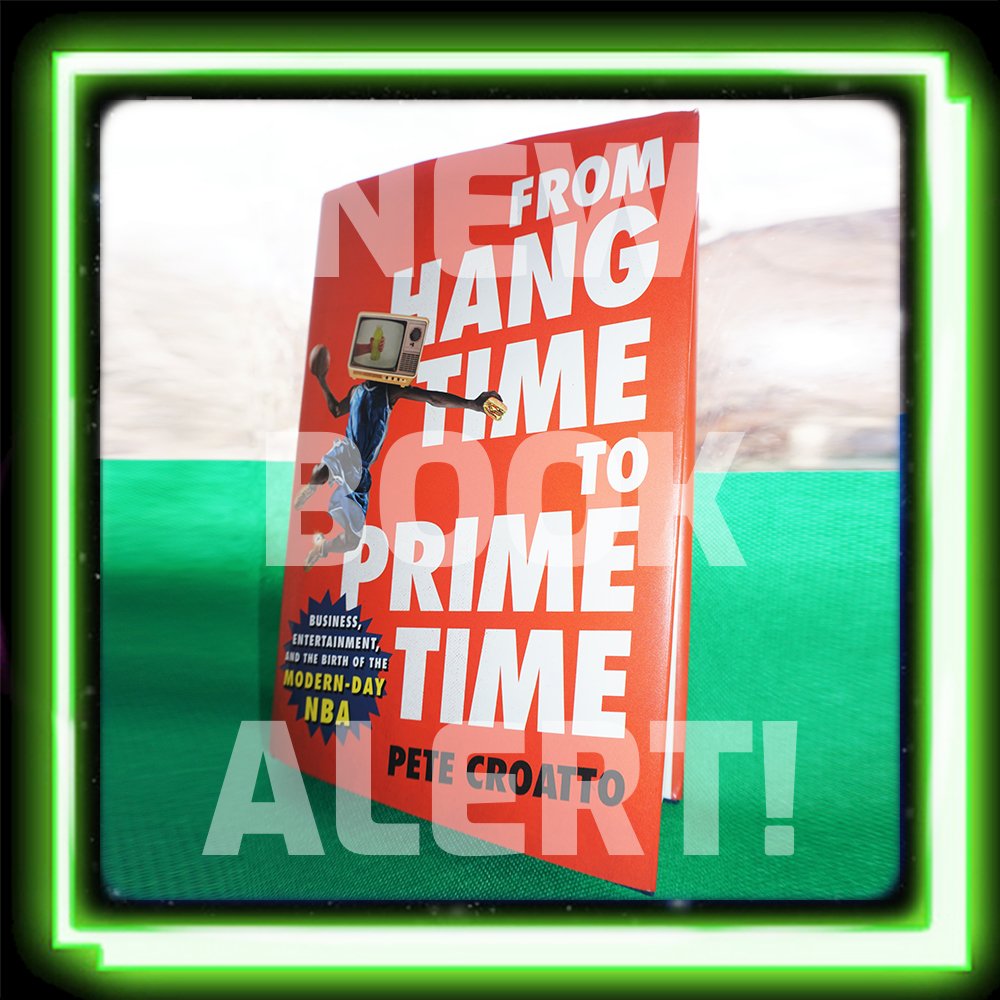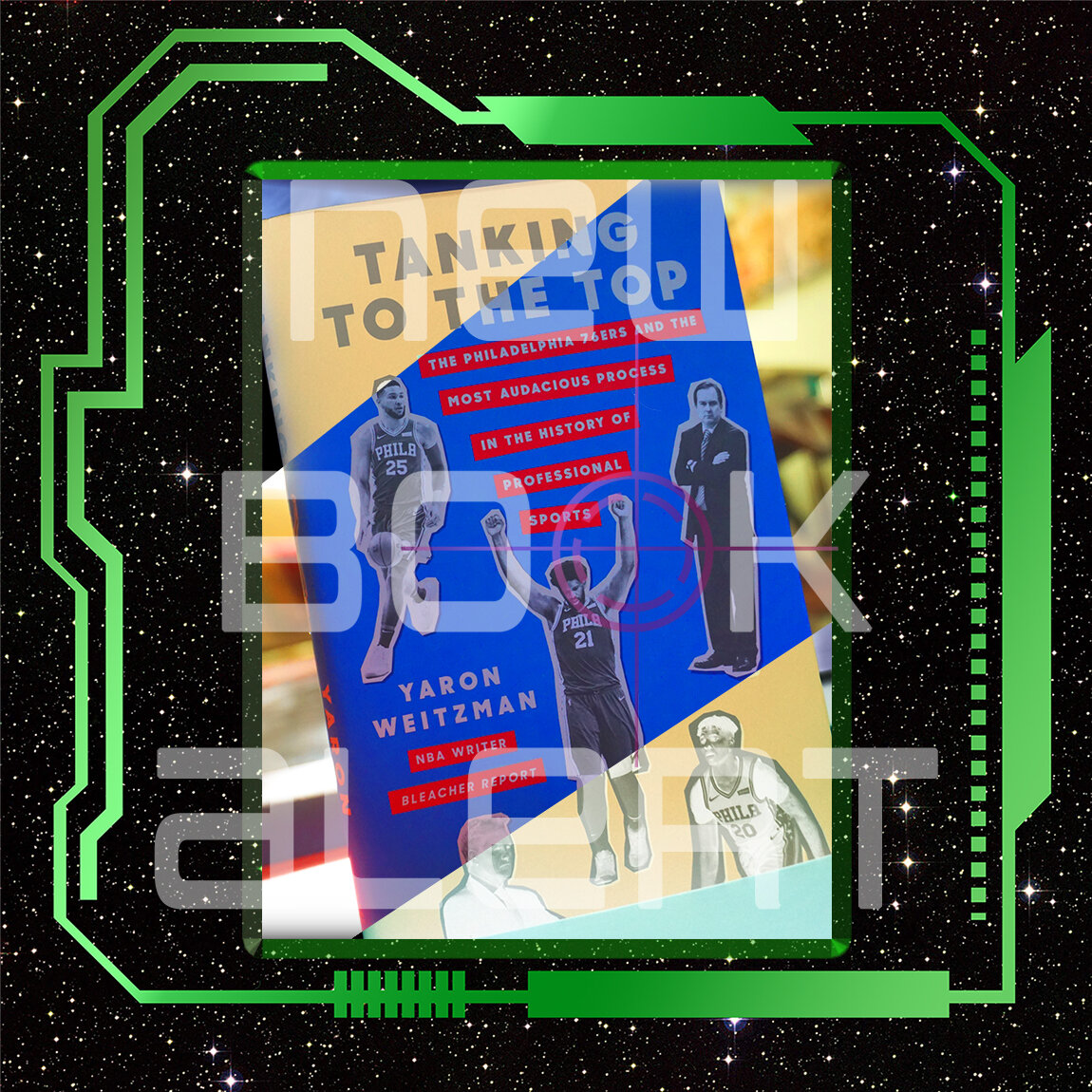Sammy Younan
Girth Radio Presents…
The future inconveniences us by forcing us to go through the present.
It’s the decisions we make now, powered by a compelling vision of the future that determine our fate. Want to ditch winter weight for a beach body by Summer means going on a diet now.
In theory the futures we court and cultivate tend to be positive, nobody dreams of being poor or homeless. It’s the classic crystal ball seduction. Yet in reality we make bad decisions all the time, we smoke, we tweet, get into draining relationships, we compromise willingly and often because the present (with its present pain) is ruthlessly demanding.
We don’t want to feel good in the future; we want to feel good now.
We live in the consequences of past nows.
 The Circle tests the tensions of these obvious contradictions like Future vs Now plus many more. Only Eggers’ crystal ball is the smudged lens of technology. The Circle is San Franciscan writer Dave Eggers tenth book. Eggers is the literary mastermind behind A Heartbreaking Work of Staggering Genius and What is the What and of course McSweeney’s. He’s also the infectious imp behind the nerdily branded 826 Valencia writing centers for at-risk-youth in prominent US cities. (Do visit the Superhero Supply Store in Brooklyn; you can buy capes, bottles of antidotes as well as utility belts…all the necessary accoutrements for successful crime fighting).
The Circle tests the tensions of these obvious contradictions like Future vs Now plus many more. Only Eggers’ crystal ball is the smudged lens of technology. The Circle is San Franciscan writer Dave Eggers tenth book. Eggers is the literary mastermind behind A Heartbreaking Work of Staggering Genius and What is the What and of course McSweeney’s. He’s also the infectious imp behind the nerdily branded 826 Valencia writing centers for at-risk-youth in prominent US cities. (Do visit the Superhero Supply Store in Brooklyn; you can buy capes, bottles of antidotes as well as utility belts…all the necessary accoutrements for successful crime fighting).
The Circle is Eggers’s evocative ethnography revealing our ongoing complicated relationship with the internet as disclosed via the deeper truths of The Circle a technology company. The Circle is a corporate love child between Google and Facebook.
The novel begins with Mae Holland, having left her boring life and her rudderless McJob to work at The Circle. Like an engineer being hired by Google, she’s effectively made it. The Circle instantly equips her with purpose in the firm’s customer service department. Purpose easily defined by the distinct measurement of productivity as unleashed by the power of metrics. Metrics being irrefutable proof of the quality of her work she rapidly scales the corporate ladder. Yet as the chapter less novel unfolds Mae’s purpose charts a conflicting course that continues Eggers’s testing of contradictions.
The Circle is cynical and hopeful. It is strange connotations for cynicism are negative; cynicism’s seed is skepticism. Skepticism prompts progress and fuels change. Or at least it can if followed through. The Circle establishes notoriety with TruYou an online system that eliminates passwords and fake identities. And of course…trolls. Is the price of privacy worth paying for TruYou or would you eventually have buyer’s remorse? For with all that fresh transparency we no longer have any shadows.
“Don’t be evil” is the beginning of the end.
The Circle is about transparency and subterfuge. Its three founders are known as the Three Wise Men. Tyler Alexander Gospodinov the computer visionary behind TruYou and seldom seen on the Circle’s expansive and impressive campus. Tom Stenton is the second Wise Man. Lastly, the third Wise Man is Eamon Bailey, the benevolent public face of The Circle, as suave as the serpent in Eden.
It is Bailey who persuades Mae that “secrets are lies” and “privacy is theft.” These are the founding tenants of The Circle’s next phase: SeeChange. Tiny easily hidden cameras continually streaming high-definition video couched in the difficult to argue against catch criminals position or even as a banal way to check the weather. The Circle is almost complete.
The Circle deftly escalates into the missing link: how our current society could evolve from today to 1984. Dystopian in approach with the requisite bleakness but missing key tropes like charred landscapes and aggressive biker gangs desperately warring for water. The novel is grim in its approach, frightening for it sits on the edge of plausibility. This is not jetpacks or moon colony vacations. Mae Holland’s arc through the course of the novel confirms how easily it could all be, how simple, how logical and eventually how necessary it is to eliminate privacy and render private thoughts as public information. All of us are naked not just the Emperor.
There’s no such thing as TMI in the oral tradition.
No artful warnings against the campfire storytelling tradition.
The Circle is dense with ideas and insight; revelling in emphatic recognition of the choices we make now that’ll determine our future.
The Circle is a literary expression of that sinking feeling when you drive and you’re certain you’re going the wrong way, you’ve missed your exit, despite any genuine proof.
Yet with social media, the expanding invasiveness of the internet (now deemed a utility by the UN) thankfully warnings like The Circle exist.
Bottom Line? Hidden negatives always outweigh self-evident positives.
Reject marketing if you’re determined to accept the truth.
What kind of future do you want to live in?
